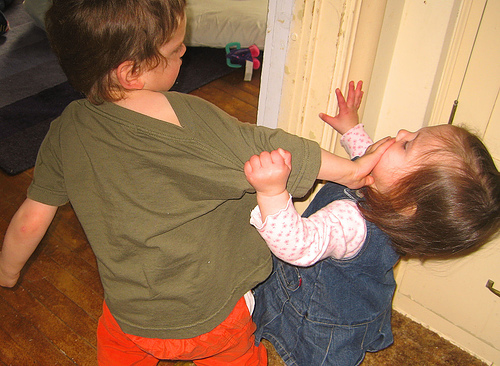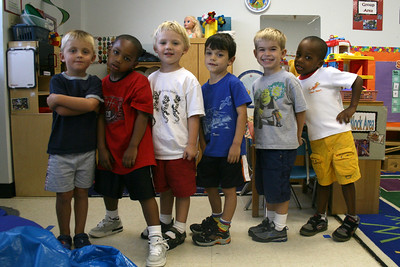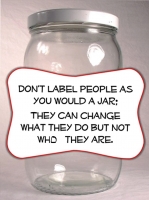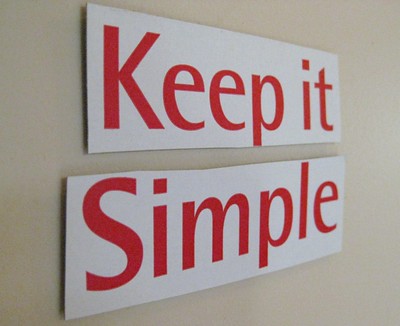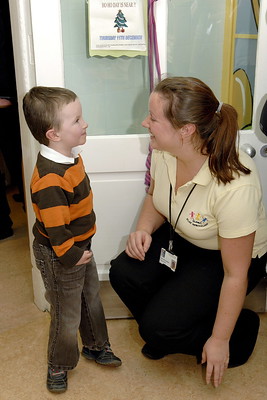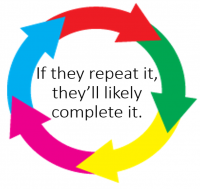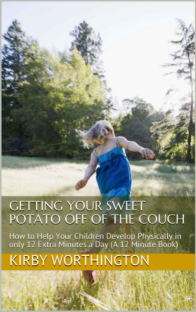'Tis the season…to try desperately to keep your children quiet during religious services, concerts, plays, and the like. But let's face it, they are kids! They're not exactly hardwired to sit still and look angelic. Except, of course, when no one is looking. I mean, there is Murphy's Law to contend with. So whether you are looking to survive a one-time event or to make weekly services more enjoyable, how do you help your child stay quiet?
To start off with, we are assuming that you are going to an event where children are welcome, but need to be relatively quiet and calm. Let's just acknowledge that this is not always possible with little ones, and taking them out of the service if they are not handling it well is not a punishment; it's just acceptance of the limits of preschoolerhood.
Staying quiet requires a set of skills that can be worked on over time, but that we can't expect of preschoolers who have not had a chance to practice. Among other things, it requires:


